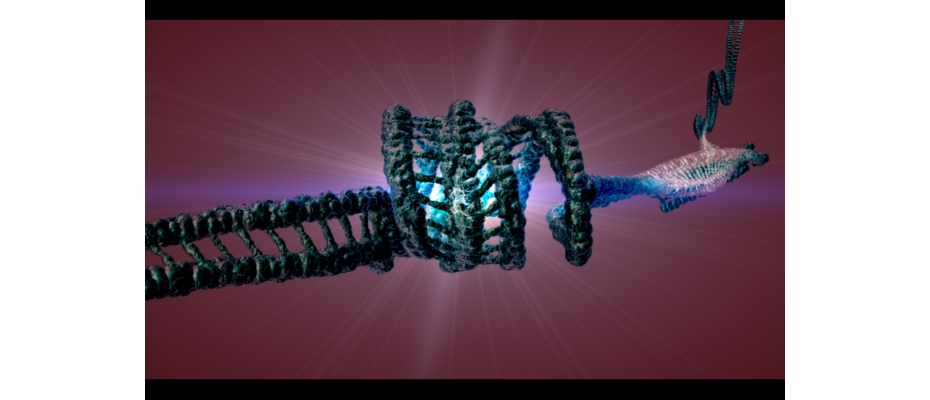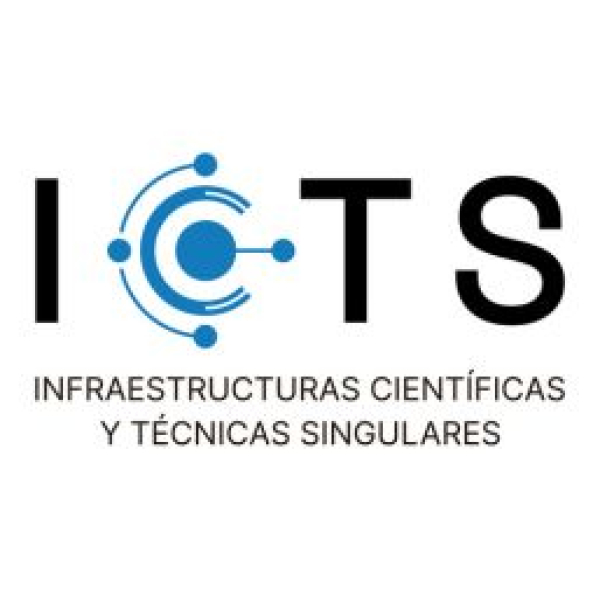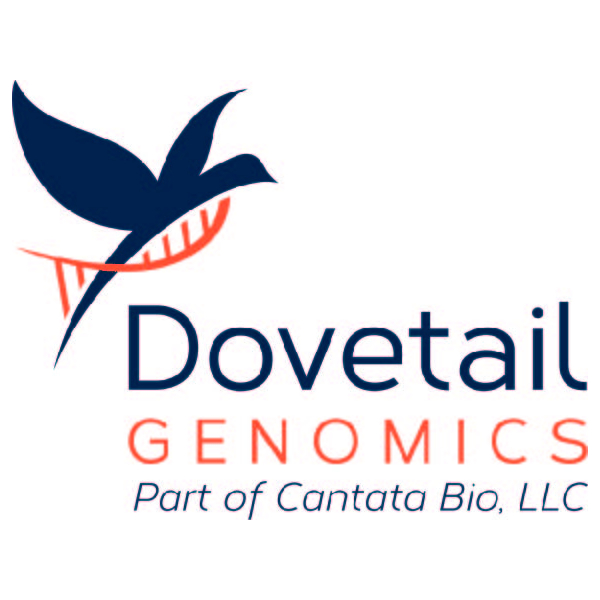
The study, published in the journal Nature Genetics, presents a new perspective in cancer research, integrating the results of the complete sequencing of the genome and epigenome in patients with Chronic Lymphocytic Leukemia. Researchers identify cells that cause the disease, discover new molecular mechanisms involved in its development and improve its diagnosis.
The Chronic Lymphocytic Leukemia (CLL) Genome Project is a contributing member of the International Cancer Genome Consortium (ICGC), that aims to generate comprehensive catalogues of genomic abnormalities in tumors from 50 different cancer types.The research is part of the CLL Consortium with the participation of researchers from the BLUEPRINT European Consortium for studying epigenome. Iñaki Martín-Subero (IDIBAPS-UB), Carlos Lopez-Otin (Universidad de Oviedo) and Elias Campo (Hospital Clínic-UB) are the coordinators of the study, an example of interdisciplinary biomedical research with participation of specialists in genome sequencing, epigenetics, genetics, molecular biology, bioinformatics, clinical pathology and hematology.
The results of the epigenome analysis of 140 patients has revealed more than a million epigenetic alterations, an unexpected finding indicating epigenome massive reprogramming of cells which cause disease and offering a new approach to improve diagnosis.
The CNAG’s contribution
Last generation sequencing devices, available at the CNAG, have enabled the characterization of the epigenome of leukaemia in a relatively short time. This process generated a huge amount of data to analyze. The bioinformatics groups at the CNAG, together with the research group of Dr. Martin-Subero developed new methods to unveil the epigenetic patterns for classifying patients with chronic lymphocytic leukemia in three groups with different clinical course. According to Ivo Gut “This project highlights the importance of high resolution epigenomic analysis in disease. We gained far deeper insight into the mechanism of this disease than we had ever before and this will undoubtedly lead to great benefits for patients suffering from it.”
Work of reference:
Epigenomic analysis detects widespread gene-body DNA hypomethylation in chronic lymphocytic leukemia
Photo Source: Hospital Clínic de Barcelona**











